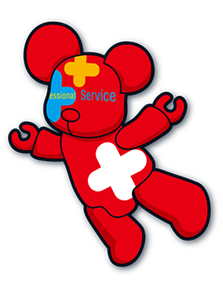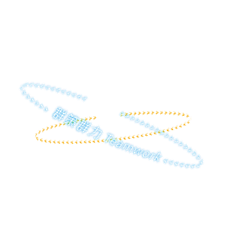Authors (including presenting author) :
Tam CM, Lo WH, Liu CW, Lui WK, Lam YK, Ng YB
Affiliation :
Department of Medicine and Geriatrics, United Christian Hospital
Introduction :
In response to the increasing number of cancer patients, medical oncology service was established since 2016 in UCH, which provide chemotherapy treatment for cancer patients. It is a high risk procedure that may lead to undesirable side effect. Although infrequently occurring, extravasation is one well-known complication of chemotherapy infusion. Consequences of extravasation caused by vesicant chemotherapy administration may result in serious outcome and prolonged hospital stay. Thus, an extravasation prevention program was held.
Objectives :
1.To enhance patient safety and reduce risk of extravasation during vesicant chemotherapy administration. 2.To standardize nursing practice on IV site care so as to improve the observation and reduce the risk of extravasation. 3.To promote patient self-care by empowerment of patient self-observation of injection site.
Methodology :
Prevention is the best treatment for extravasation. We work with phlebotomist, nurse and patient to reduce the risk of extravasation. •Phlebotomist -Two identical workshops were provided. The content included selection suitable gauge of catheter and venipuncture site. -Review and redesign the intravenous catheter request form to improve the communication among phlebotomist and nursing staff •Nurse -Scenario based training was implemented to enhance competence, knowledge and skills through practice. -Chemotherapy administration audit (on yearly basis) was performed to ensure all nurses follow the guideline and have regular IV site observation to prevent extravasation. •Patient -Patient education was provided before chemotherapy infusion. It promotes patient self- believe and knowledge in injection site observation for early detection of extravasation
Result & Outcome :
35 phlebotomists joined the workshop. A questionnaire was design to evaluate the workshops. All phlebotomists agreed that the objective of the program was clear and the content could be apply in their daily work. 26 nurses were trained and 100% compliance in chemotherapy audit was performed. Over 40 patients were admitted to ward 9B receiving cytotoxic drug treatment without extravasation reported in 2018.








